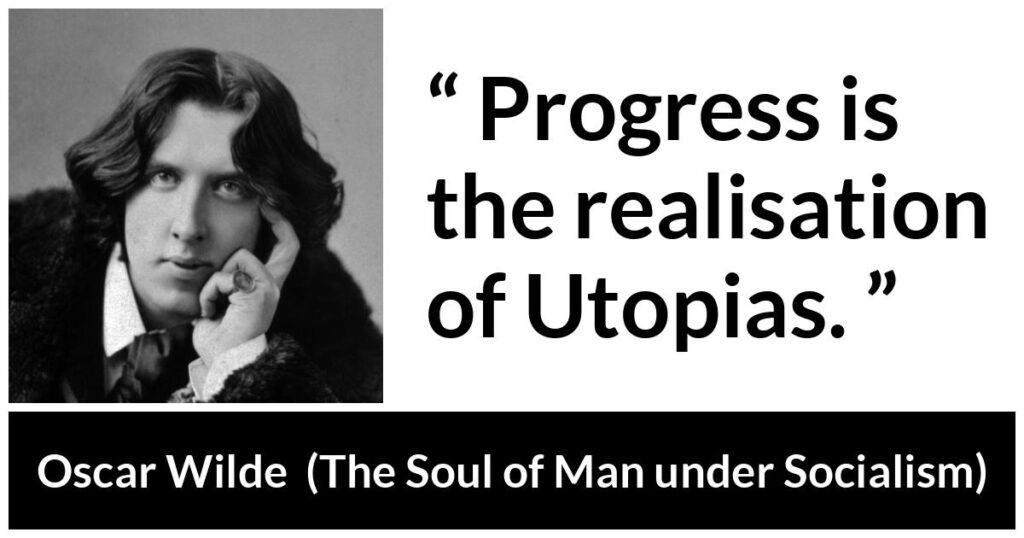Essay by Oscar Wilde | Reviewed by Circe Aguiar

Oscar Wilde’s The Soul of Man under Socialism, first published in 1891, is a bold and provocative essay that blends political theory, aesthetic philosophy, and moral vision. Far from being a conventional socialist manifesto, Wilde’s work stands out for its passionate defense of individualism, beauty, and the liberation of the human spirit from economic oppression.
At its heart, Wilde’s argument is paradoxical and compelling: he champions socialism not to enforce conformity, but to enable true individual freedom. In his view, private property is the root of most human suffering – it chains people to roles they did not choose and stifles creativity. By abolishing it, he argues, society would allow individuals to fully realize their unique potential, especially in artistic and intellectual pursuits.
Wilde’s socialism is anything but dry or technical. It is idealistic, aesthetic, and deeply moral. He critiques charity not because it’s unkind, but because it addresses symptoms rather than causes. “The proper aim,” he writes, “is to try and reconstruct society on such a basis that poverty will be impossible.”
As always, Wilde’s prose is witty, ironic, and sharp. He warns that authoritarian or state-driven forms of socialism could become just as oppressive as capitalism if they suppress individuality. Instead, he envisions a society where machines do most of the work, freeing people to cultivate their inner lives, pursue knowledge, and create beauty.
Reception to Wilde’s essay has been mixed. Admirers praise its lyrical brilliance and philosophical depth, while critics note its impracticality and abstraction. But whether one agrees with his vision or not, Wilde’s essay remains a striking meditation on freedom, dignity, and the soul’s need for space to grow.
In today’s world—driven by efficiency, productivity, and market logic—Wilde’s plea for a society rooted in imagination and compassion feels startlingly fresh. The Soul of Man under Socialism reminds us that real progress is measured not just by what we build, but by who we become.
